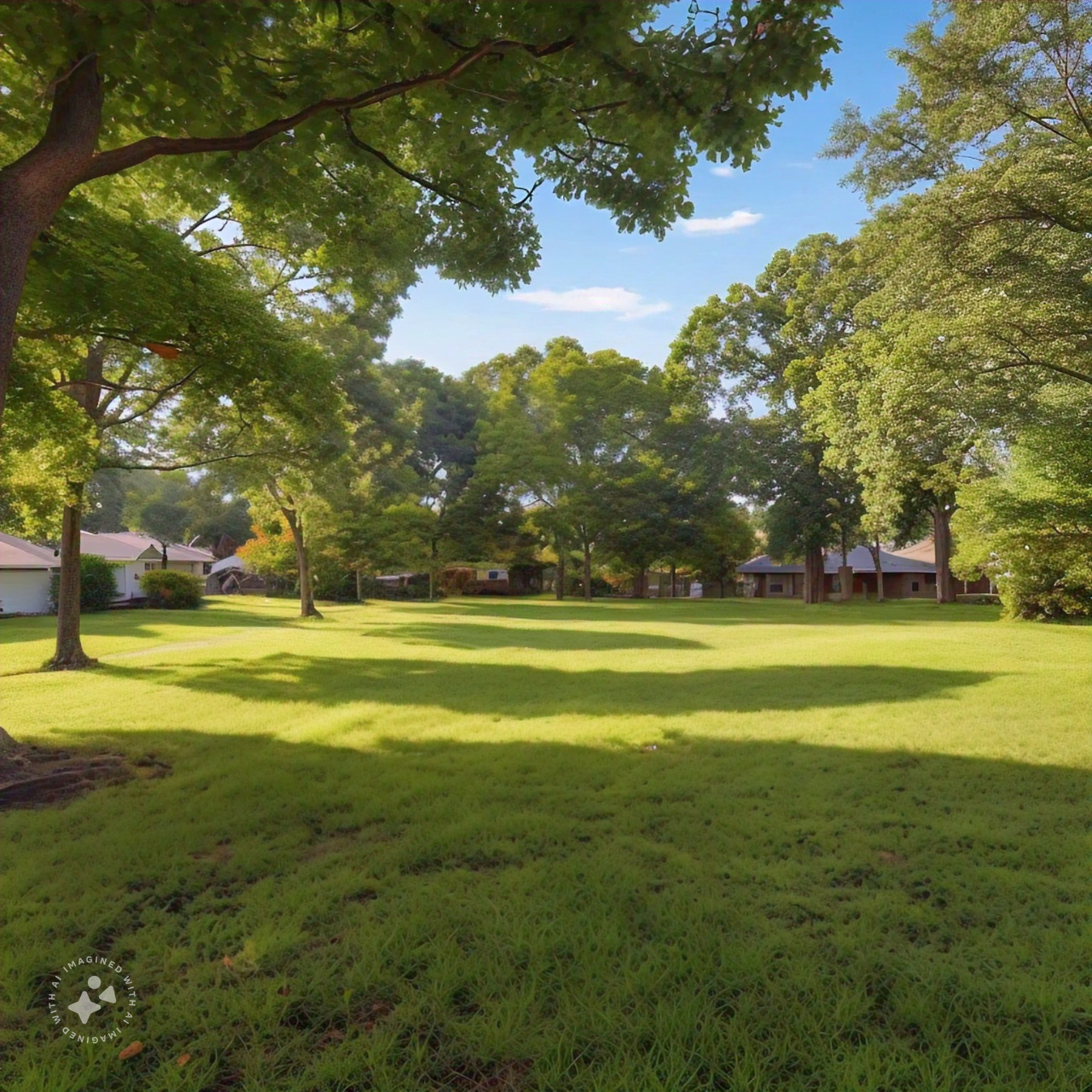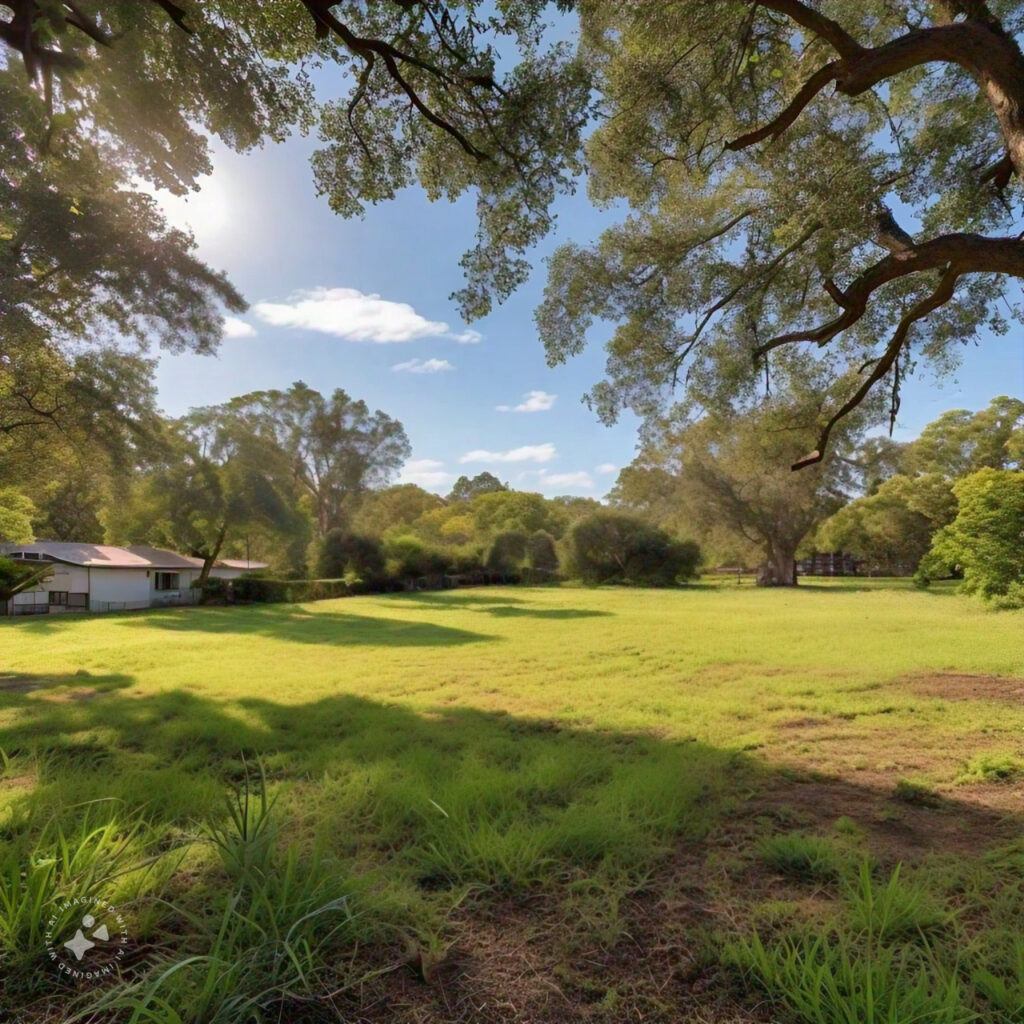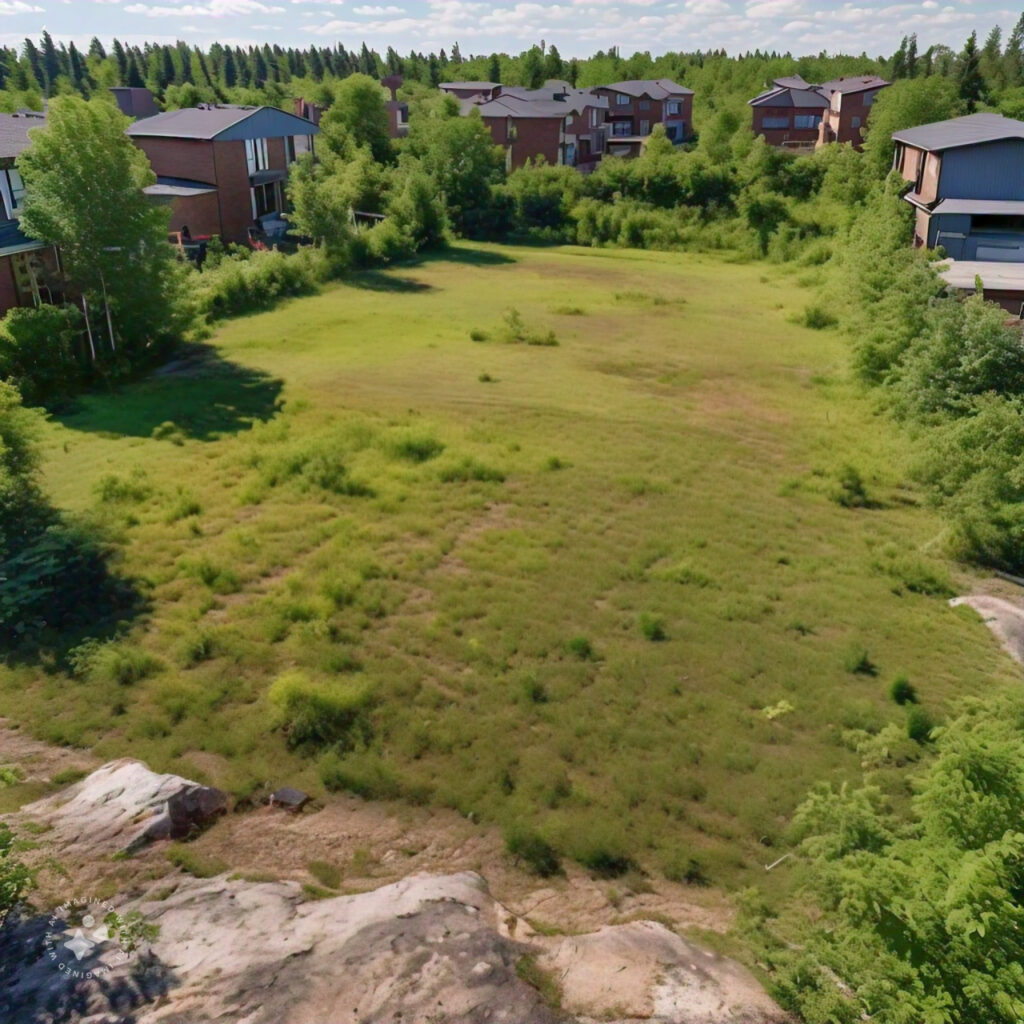
Residential Land Lease in Kumasi: Everything You Need to Know
Are you considering a residential land lease in Kumasi? You’re in for an exciting journey! Kumasi, the Garden City of Ghana, is a vibrant place with growing opportunities in the residential real estate market. But how exactly does a residential land lease work here? Don’t worry, I’ve got you covered. Let’s walk through the ins and outs of leasing residential land in Kumasi in the most straightforward way possible.
What is a Residential Land Lease?
To begin with, what does a residential land lease even mean?
A residential land lease is an agreement between a landowner (the lessor) and an individual or entity (the lessee) that allows the lessee to use the land for residential purposes for a specific period in exchange for payment. You don’t own the land, but you can build your home or develop residential properties on it according to the lease terms.
How Long Are Residential Land Leases?
In Kumasi, residential land lease agreements typically range from 25 to 99 years, giving you ample time to enjoy the land and even pass it on to future generations. At the end of the lease, you usually have the option to renew it, negotiate new terms, or move on.
Lease Types: What Can You Do?
In a residential land lease, the land is usually designated for building homes or other residential developments. Always clarify the purpose outlined in your lease to avoid legal complications.
What to Consider Before Signing a Residential Land Lease
Before diving headfirst into a residential land lease in Kumasi, there are several important factors to consider. This ensures that you’re making the right decision and avoiding potential pitfalls. Let’s go over the key points to keep in mind:
1. Lease Duration and Renewal Terms
The length of the lease is one of the most critical factors. In Kumasi, residential land lease terms typically range between 25 and 99 years. Consider how long you plan to stay on the land or invest in it. Are you comfortable with a shorter lease, or do you prefer a long-term arrangement? Also, look into the renewal terms. Will you have the option to renew the lease once it expires, and under what conditions?
Always ensure the renewal process is clearly stated in the contract. It’s also a good idea to negotiate favorable renewal terms upfront to avoid challenges down the line.
2. Payment Structure
Understanding the payment structure of your residential land lease is essential. Some landowners may require a lump sum payment upfront, while others might offer more flexible payment schedules, such as quarterly or annual payments. Choose a payment plan that aligns with your financial situation.
Additionally, inquire about any hidden costs, such as maintenance fees or development charges, that may come with the lease. It’s important to have a clear idea of all expenses involved before signing the agreement.
3. Permitted Land Use
Another crucial aspect is how you intend to use the land. With a residential land lease, you need to ensure that the land is zoned for residential use. Some leases might have restrictions on the type of structures you can build or limit the number of units allowed. Clarify these details with the landowner and make sure everything aligns with your plans for the property.
For instance, if you plan to build a multi-family home or a gated residential complex, ensure that the lease permits such developments.
4. Land Ownership Verification
Before entering into a residential land lease, it’s vital to confirm that the person leasing the land to you is the rightful owner. Conduct a thorough verification of the land’s ownership through the Lands Commission or a reputable real estate lawyer. This helps you avoid legal issues or disputes later on.
You should also ensure that the land is free from encumbrances or ongoing disputes. A clean title ensures you’ll enjoy a hassle-free lease period.
5. Infrastructure and Utilities
Leasing residential land is only the first step—don’t forget about infrastructure! Before signing a residential land lease, assess the availability of essential utilities such as water, electricity, and road access. Some areas may require you to invest in setting up these services, so factor those costs into your decision.
Also, check whether the land is in proximity to schools, hospitals, markets, and other facilities that will make your residential experience more convenient.
6. Registration and Legal Documentation
Once you’re satisfied with the terms of the residential land lease, it’s crucial to ensure that the agreement is properly documented and registered with the Lands Commission. Failing to do so may render the lease void or subject you to future disputes.
Ensure that the lease outlines all important details such as the lease period, payment terms, and usage conditions. Having everything in writing not only gives you peace of mind but also serves as legal protection in case of future misunderstandings
Why Consider a Residential Land Lease in Kumasi?

Kumasi’s real estate market is thriving, and with increasing demand, the cost of buying land has surged. A residential land lease offers a more affordable alternative, allowing you to secure land in prime locations while managing your budget effectively.
1. Cost-Effective Residential Land Lease
Leasing land is often much cheaper than purchasing it outright. With a residential land lease, the initial cost is significantly lower, which makes it an attractive option for many aspiring homeowners and developers. Instead of committing all your resources to buy the land, you can allocate more funds to building your dream home, landscaping, or interior finishes.
For example, leasing prime land in central Kumasi areas like Asokwa or Danyame is much more affordable than purchasing. A residential land lease in these neighborhoods allows you to secure prime property at a fraction of the cost.
2. Access to Prime Locations via Residential Land Lease
Kumasi has several desirable neighborhoods, and getting land in these areas can be challenging due to the high demand and rising prices. A residential land lease provides an excellent opportunity to access land in premium locations such as Ahodwo, Patasi, and Manhyia without the financial burden of full ownership.
Leasing allows you to secure land in these high-demand areas, which are close to essential services like schools, hospitals, and shopping centers.
3. Long-Term Flexibility with a Residential Land Lease
A residential land lease provides flexibility. Since leases in Kumasi typically range from 25 to 99 years, you have the freedom to decide your future plans at the end of the lease term. Unlike outright land purchases, a lease gives you the option to reassess your needs or even move elsewhere after the lease period ends.
If you’re unsure about long-term commitment or anticipate a change in your plans, a residential land lease can offer the breathing room to enjoy land ownership without the long-term responsibilities.
How to Secure a Residential Land Lease in Kumasi
Leasing land may seem complex, but with the right steps, it’s quite manageable. Here’s how to secure a residential land lease in Kumasi:
1. Find the Right Land for Your Residential Land Lease
The first step is identifying a plot that meets your needs. Kumasi offers a variety of neighborhoods, each with its unique charm. Whether you’re looking for a serene residential area or a bustling urban hub, Kumasi has plenty to offer.
- Kwadaso: Ideal for those looking for quiet residential areas to build a family home.
- Bantama: Great for investors who want to lease land for residential developments or rental properties.
- Ejisu: An emerging area offering affordable residential land lease options close to Kumasi.
2. Verify Ownership and Lease Documents
Before signing any residential land lease agreement, it’s essential to verify that the landowner has the legal authority to lease the land. This step is crucial to avoiding future legal disputes.
- Land Title Verification: Visit the Lands Commission to confirm that the land is free of disputes and that the landowner is the rightful owner.
- Legal Assistance: It’s always advisable to consult a real estate lawyer to help review the lease agreement and ensure everything is in order.
3. Negotiate Your Residential Land Lease Terms
Once you’ve found the right land, it’s time to negotiate the terms of your residential land lease with the landowner. Discuss the lease length, payment terms, and any restrictions on the land’s use.
- Lease Period: You may opt for a short-term lease (e.g., 25 years) or a long-term lease (up to 99 years).
- Payment Terms: You can negotiate a monthly, quarterly, or lump-sum payment plan that fits your financial situation.
- Usage Restrictions: Some leases may limit the types of residential buildings you can construct, so ensure you fully understand what’s allowed before proceeding.
4. Sign the Residential Land Lease Agreement
After negotiating the terms, the next step is to sign the residential land lease agreement. This legally binding document outlines the obligations of both the lessor and the lessee. Ensure that the agreement includes:
- The lease term.
- The payment schedule.
- Any usage restrictions or conditions.
Make sure both parties sign the agreement in the presence of witnesses and have the document notarized. Keep a copy of the signed agreement for your records.
5. Register Your Residential Land Lease
Finally, it’s crucial to register the residential land lease with the Lands Commission in Kumasi. Registration ensures that the lease is legally binding and prevents ownership disputes. It also provides legal protection for both parties, ensuring that your lease is recognized in Ghana’s official land records.
Benefits of a Residential Land Lease in Kumasi

Leasing land for residential purposes has many advantages:
- Lower Initial Costs: A residential land lease requires less money upfront, leaving you with more funds to invest in building or home improvements.
- Prime Locations: A residential land lease grants access to Kumasi’s high-demand neighborhoods without the high cost of purchasing.
- Flexibility: A residential land lease offers the option to reevaluate your needs at the end of the lease period.
A residential land lease in Kumasi can be a fantastic opportunity, offering flexibility, affordability, and access to prime locations. Just be sure to do your homework—verify the documents, negotiate fair terms, and register the lease properly. With everything in order, you’ll soon enjoy the benefits of Kumasi’s thriving residential market!
FAQs About Residential Land Lease in Kumasi
Q: Can I build a house on a leased residential land in Kumasi?
A: Yes! A residential land lease typically allows you to construct a home, provided you comply with the terms of the lease. Always ensure the lease specifies what kind of structures you’re permitted to build.
Q: What happens when my residential land lease expires?
A: At the end of the lease, you’ll usually have the option to renew the lease or renegotiate the terms with the landowner. Many landowners are open to extending leases, particularly if you’ve developed the land.
Q: Is leasing land better than buying?
A: A residential land lease is a great option for those looking for flexibility and lower upfront costs. While buying gives you permanent ownership, leasing allows you to secure prime land without the financial burden of a purchase.



